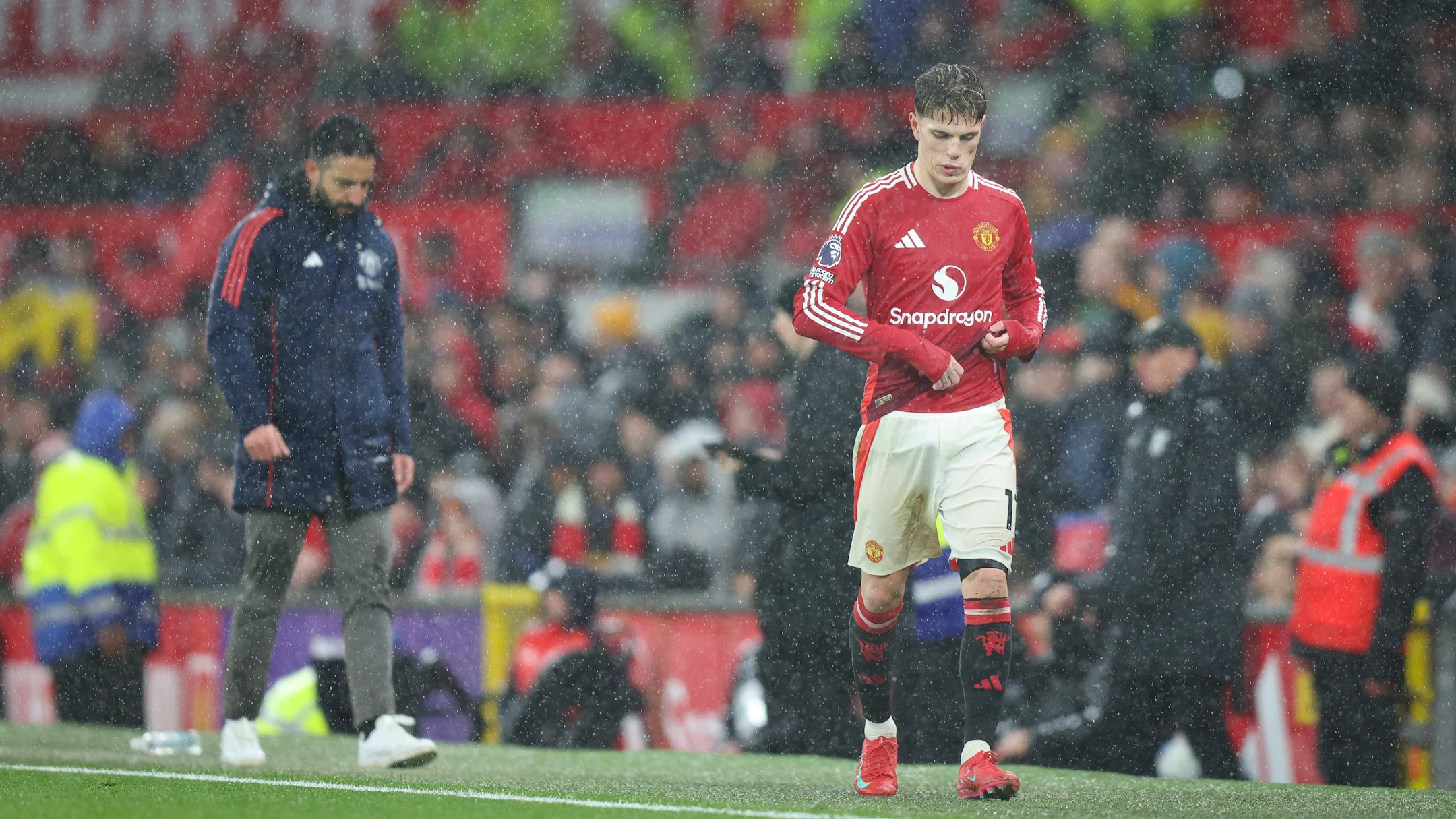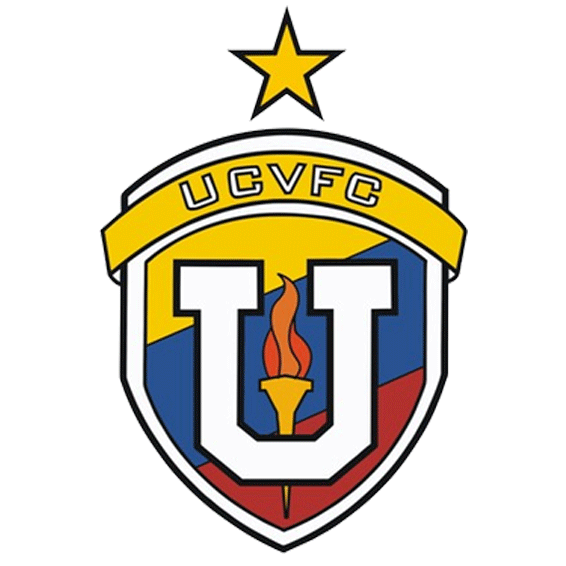
Alejandro Garnacho: Ruben Amorim to Hold Talks Over Furious Substitution Reaction
In a dramatic turn of events during Manchester United’s 3-2 victory over Ipswich Town, Alejandro Garnacho was substituted in the first half, which ignited a fiery reaction from both the player and the fans.
Garnacho, visibly upset by the decision, stormed off the pitch and straight down the tunnel, leaving many to question the reasoning behind the substitution. Adding to the controversy, a chorus of boos rang out from Old Trafford, as the fans expressed their discontent with Ruben Amorim‘s tactical choice.
This substitution, coming just moments before the halftime break, came after Patrick Dorgu’s red card in the dying minutes of the first half. The tactical switch saw Garnacho replaced by defender Noussair Mazraoui, which led to an immediate shift in the game plan for Manchester United. In the aftermath of the incident, Manchester United’s head coach Ruben Amorim responded to the growing criticism, stating that he planned to have a discussion with the Argentine forward regarding his reaction. Ruben Amorim also defended his decision to remove Garnacho, explaining the reasoning behind his choice.
Ruben Amorim’s Response to Garnacho’s Furious Reaction
Ruben Amorim, who has faced a great deal of scrutiny since his appointment at Manchester United, was asked about Garnacho’s response to being substituted. His reaction to the question was telling, as he initially seemed to deflect the comparison between Garnacho’s frustration and that of Marcus Rashford, a player who had been sent on loan in January after not living up to Ruben Amorim’s expectations.
“You are making a connection with Rashford, right?” Ruben Amorim responded, subtly hinting at the potential narrative that might unfold. “I know, I know.” His words suggested that he was aware of the media’s tendency to draw parallels between Garnacho’s reaction and the club’s decision to loan out Rashford. Ruben Amorim, however, was quick to address the issue, stating that he intended to have a conversation with Garnacho about his response to the substitution.
This decision, though disappointing to the young forward, came down to Ruben Amorim’s tactical evaluation of the game. Garnacho’s early departure from the field, though harsh, was part of a broader strategic decision that the manager felt was necessary to secure the win against Ipswich.
Tactical Decisions and Substitution Choices
When asked to explain his reasoning behind the substitution, Ruben Amorim took a defensive stance. He detailed the tactical adjustments that led to the decision. According to the coach, the change was made in response to Dorgu’s red card, which left United with a numerical disadvantage on the pitch. Garnacho, a winger known for his blistering pace and ability to take on defenders one-on-one, was substituted in favor of Noussair Mazraoui, a more defensively-minded player.
“The thinking was we’d play more in the 5-3-1,” Ruben Amorim explained. “I know that is a risk because you are taking maybe the only player who has one-against-one pace, but I felt the team was okay in controlling the game, almost at half-time.”
This decision was rooted in Ruben Amorim’s desire to bolster the defensive structure of his team. With the red card leaving Manchester United down to 10 men, the manager opted for a more cautious approach. While Garnacho’s pace and attacking threat could have been valuable in exploiting Ipswich’s defense, Ruben Amorim felt that the balance of the team would be better maintained with an extra defender on the pitch.
In addition to the defensive considerations, Ruben Amorim also noted the importance of set-piece situations in the game. With a numerical disadvantage, Ruben Amorim was concerned about maintaining a solid defensive shape, especially in set-piece situations, which could have been a vulnerable area for United. Mazraoui’s inclusion provided additional security in those moments.
“I have to choose someone to go out, we have to think about set-pieces also, so it was my choice,” Amorim concluded. His comments reflect the complexity of managing a team in such a scenario, where decisions are made not only with the current situation in mind but also with long-term strategy in place.
The Role of Garnacho and His Importance to United
Garnacho’s reaction to being substituted is noteworthy, especially given his role in the team. The young Argentine has been one of Manchester United’s more promising attacking talents in recent seasons. His ability to take on defenders, his speed, and his directness in attacking play have made him a fan favorite at Old Trafford. For many United supporters, Garnacho is seen as a future star, and it is no surprise that his substitution in such a key moment sparked anger.
However, it is important to understand that Garnacho’s potential is still developing, and with that comes the occasional frustration when things don’t go his way. The winger has shown immense promise, but he is also learning the intricacies of playing under a demanding coach like Ruben Amorim. The frustrations expressed by Garnacho after the substitution could be seen as part of the growing pains that come with being a young player in a high-pressure environment.
Despite his apparent displeasure with the substitution, Garnacho’s overall contributions to United have been significant. His technical ability and skill set make him a valuable asset to the team, and Amorim will no doubt want to ensure that the forward is properly integrated into the tactical framework of his squad. A one-on-one conversation between manager and player is likely to be a crucial step in maintaining Garnacho’s motivation and helping him navigate his emotions during moments like these.
The Bigger Picture: Ruben Amorim’s Approach to Player Management
Ruben Amorim’s handling of the situation with Garnacho highlights the complexities of player management at the highest level. As a coach, Amorim must balance the needs of the team with the individual personalities and egos within the squad. While the decision to substitute Garnacho may have been unpopular with both the player and the fans, Amorim was adamant that it was made with the overall team’s best interests at heart.
The incident also underscores the difficult nature of managing a squad filled with players who have high expectations and strong personalities. Garnacho, like many young players, is likely to feel aggrieved when he is taken off the pitch, especially in a game where he was hoping to make an impact. However, Amorim’s decision was ultimately driven by the tactical demands of the match. The challenge for the manager is to maintain the confidence of players like Garnacho while ensuring that the team operates cohesively.
As Manchester United progresses through the season, Amorim will need to carefully navigate these types of situations. Handling player dissatisfaction, especially from a talent like Garnacho, will be key to maintaining squad harmony and performance. The club’s future success will depend not only on Amorim’s tactical acumen but also on his ability to manage the human side of football—keeping his players motivated, focused, and committed to the team’s collective goals.
Conclusion: Garnacho’s Reaction and Ruben Amorim’s Leadership
The substitution of Alejandro Garnacho during Manchester United’s 3-2 win over Ipswich Town may have sparked controversy, but it also shed light on the delicate balance that managers must strike when making decisions in high-stakes matches. Ruben Amorim’s response to the situation—his planned conversation with Garnacho, his tactical explanations, and his commitment to ensuring squad unity—shows a manager who is focused on both the long-term success of the team and the development of his players.
While Garnacho’s frustration is understandable, given his talent and ambition, Amorim’s approach to the situation illustrates the complexities of managing a team at the highest level. For United, the incident will likely serve as a learning experience for both the player and the manager. Moving forward, Amorim will need to continue navigating these challenges to foster a cohesive and successful squad.
















































































There are no comments yet. Be the first to comment!